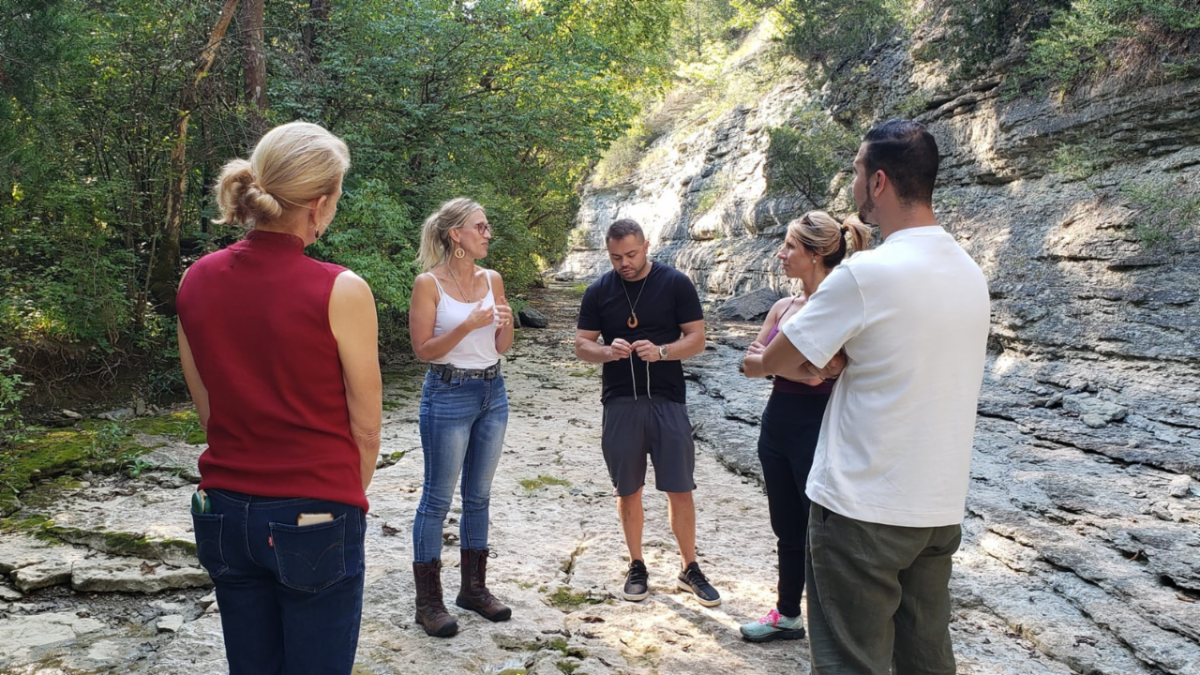The Connection Between Rest, Emotional Intelligence and Increased Productivity

Over the years, I’ve gone into organizations where the culture breeds workhorses.
People will brag to me about how much work they do and how little they sleep at night as if telling me this will earn them a badge of honor.
Quite the opposite.
While certain workplaces foster the misconception that people who rest are lazy or unmotivated, I do not.
In fact, I’m all for rest – and was raised to take regular naps.
Yes, I come from a family of nappers.
Now, I’m not advocating powering down during an important meeting, however, rest increases a leader’s creativity and can increase productivity and effectiveness.
In my one-on-one coaching programs, I speak about the value of spaciousness in your schedule.
On a call last week, I shared how on days when I’m feeling overwhelmed or mentally tired, I will set my alarm and close my eyes, even if it is only for 10 minutes.
I model my behavior after some of the most brilliant minds ever to have walked on the planet.
Albert Einstein and Thomas Edison took naps every day – and Einstein made sure he got 10 hours of sleep each night on top of his afternoon siesta.
And, I could go on and on naming some famous folks and influential leaders including United States Presidents, Kennedy, Johnson, and Reagan who understood the value of powering down in the afternoon.
When I reflect on the value leaders bring to a culture, I’ve learned that productivity and innovation come from working less, not more.
At my annual Design Your Destiny Live event, I’ve done exercises around energy management.
Most people experience a drop in their energy level in the early afternoon after lunch.
A lack of focus from a lower energy level can cost you opportunities, especially if you have client meetings that require your full attention and focus.
The National Sleep Foundation advocates a short nap – about 20 minutes – for “…improved alertness…”.
In a world where everything moves quickly, naps can keep you from burning out, being on-edge or stressing out over the small stuff.
Recent studies have shown that emotional competence is twice as important as technical competence for mid-level executives.
At the level of top executives, 90% success comes from emotional competency.
Taking a nap can improve emotional intelligence (EQ), cognitive competence and your overall health and well-being.
I could go on and on about the health benefits of formal rest in the afternoon, including increased creativity, connection to others, and decreasing your risk of heart disease.
The bottom line is that if you learn how to manage your energy, you will be productive throughout the day – and get more done in less time.
Remember, you’re on a mission – and the world needs you and your brilliance.
If you make rest and rejuvenation part of your life, you will….
Action:
The Upside Challenge of the week is to examine how you can do less – and produce more.
See Upside. Be Upside. Live Upside.
The world needs you and your brilliance.











